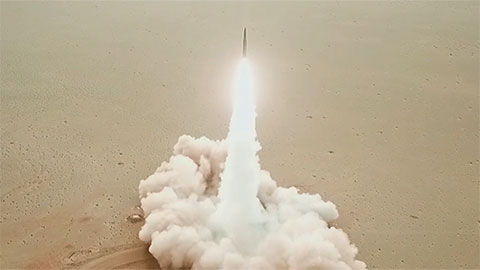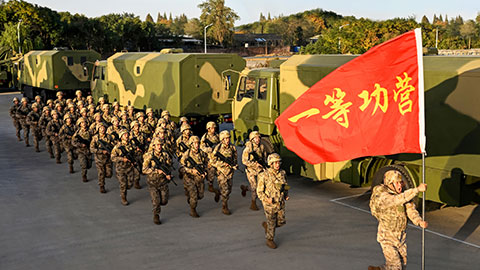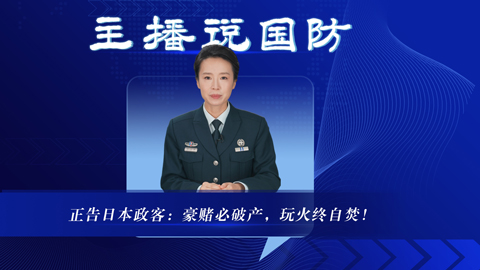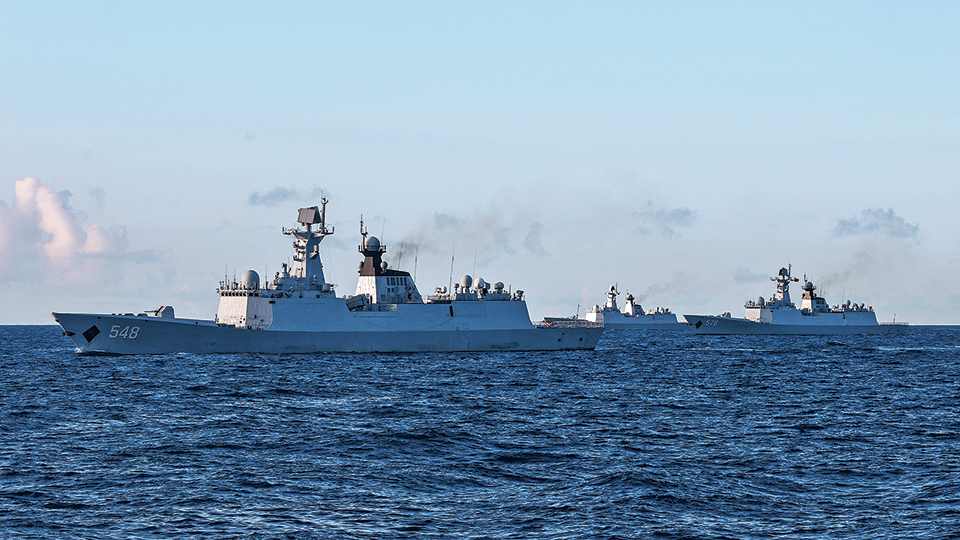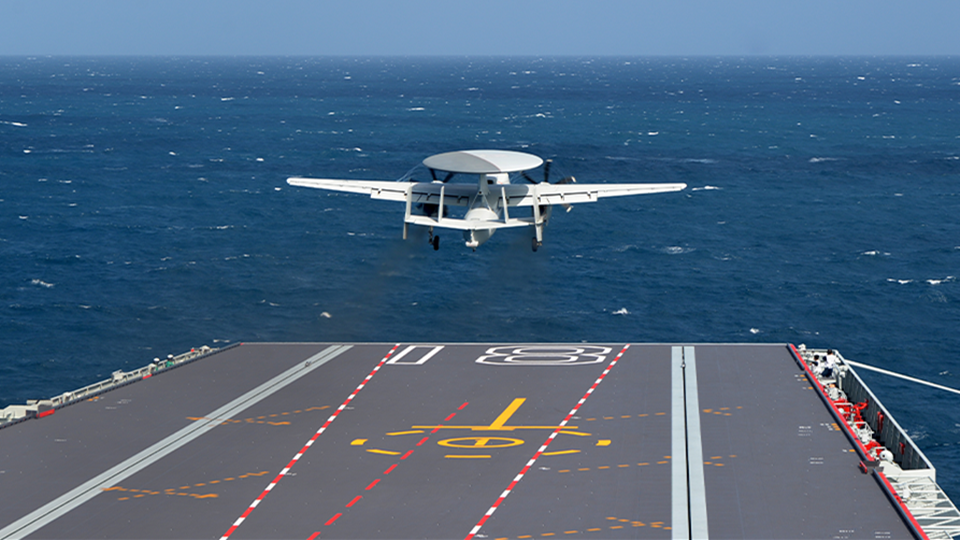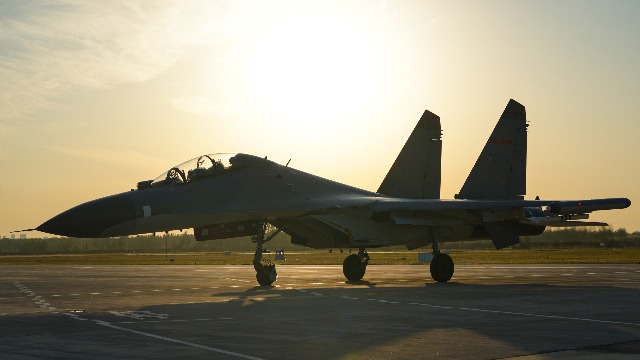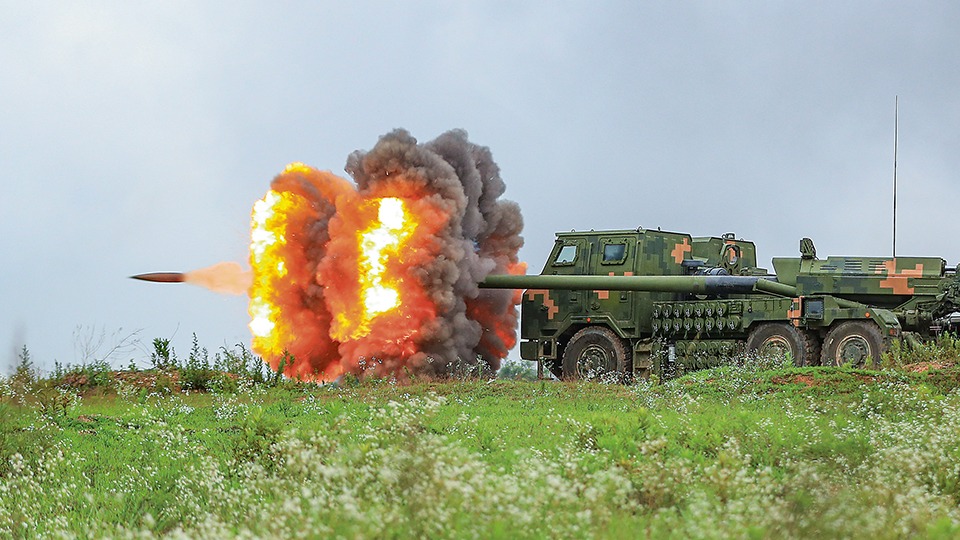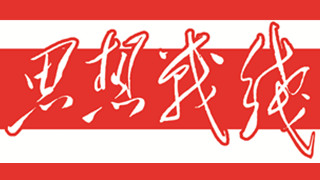唐恬波
By Tang Tianbo
目前,随着中国成功促成沙特、伊朗在北京举行对话并恢复外交关系,中东地区正出现一轮令全球瞩目的“和解潮”:埃及和土耳其将恢复大使级外交关系,也门和平进程出现积极进展,卡塔尔与巴林、阿联酋的复交取得实际进展,叙利亚恢复阿盟成员国资格……一向战云密布的中东,在2023年不断迎来和平发展的曙光。
As China has successfully facilitated the dialogue between Saudi Arabia and Iran in Beijing and the restoration of Saudi-Iranian diplomatic relations, there is a round of reconciliation wave in the Middle East that has attracted worldwide attention. Egypt and Turkey will restore diplomatic relations to the ambassadorial level, the peace process in Yemen has achieved positive progress, the resumption of diplomatic relations between Qatar, Bahrain, and the United Arab Emirates has made actual progress, and Arab League has re-admitted Syria...The Middle East, which has always been clouded by war, will continue to usher in the dawn of peaceful development in 2023.
战略自主意愿上升
Increased strategic autonomy willingness
这一波“和解潮”陆续涌现的背后,是中东地区国家谋求发展与合作、加强战略自主意识的提升。在这一背景下,中东格局正经历深刻调整。
Behind this wave of reconciliation are the rising awareness of Middle East countries seeking development and cooperation and strengthening their strategic autonomy. Against this background, the pattern in the Middle East is undergoing profound adjustments.
从内因看,历经多年战乱的中东国家,已意识到难以从武装冲突和外交斗法中获得收益,因而纷纷将政策重心转向发展经济、改善民生、促进合作。以也门为例,经过数年战事,冲突各方目前都无力再发动大规模攻势。去年10月,也门临时停火协议失效,但各方心照不宣继续停火。
From an internal perspective, countries in the Middle East that have experienced years of wars have realized that it is difficult to gain benefits from armed conflicts and diplomatic struggles, so they have shifted their policy focus to developing the economy, improving people's livelihood, and promoting cooperation. For example, after several years of fighting in Yemen, all parties to the conflict are currently unable to launch large-scale offensives. In October 2022, the temporary ceasefire agreement in Yemen expired, but all parties tacitly continued the ceasefire.
为尽快创造相对稳定的外部环境,沙特寻求与伊朗实现和解的紧迫性明显上升。反观伊朗,已基本不再指望能与美国达成新的伊核协议来换取减轻制裁,因此正转向与相关国家改善关系来为发展经济创造空间。
To create a relatively stable external environment as soon as possible, the urgency for Saudi Arabia to seek reconciliation with Iran has clearly increased. Iran no longer expects to reach a new nuclear agreement with the US in exchange for sanctions relief, so it is turning to improve relations with relevant countries to create space for economic development.
从外因看,美国从中东战略收缩,极大地刺激了地区国家的战略自主和外交缓和。多年来,美国一再插手中东事务,鲜少劝和促谈,只会为了一己地缘政治或经济私利,一些中东地区国家逐渐看清,美国一直以来的中东政策,并不会给中东地区带来真正的利益。
From an external perspective, the US's strategic contraction in the Middle East has greatly stimulated the strategic autonomy and diplomatic easing of regional countries. For years, the US has repeatedly intervened in Middle Eastern affairs and rarely advocated for peace and dialogue. What the US really pursues is its own geopolitical or economic interests. As a result, some countries in the Middle East have gradually realized that the US longstanding Middle East policy will not bring true benefits to the region.
这在沙特身上体现得尤为明显。沙特和美国的合作,长期建立在“石油换安全”的基石之上。然而近年来,美国多次在安全事务上令沙特失望。2019年,沙特关键石油设施遇袭,石油产量大幅减少,沙特舆论呼吁美国提供相关安全保障,但美国却无动于衷。2022年,沙特频遭跨境袭击,美国反而减少了在沙特的防卫力量部署。对美失望之余,沙特一面屡次拒绝美国增产石油的要求,一面开始在外交上展开独立探索,设法改善与伊朗和叙利亚的关系。
This is particularly evident in the case of Saudi Arabia. The cooperation between Saudi Arabia and the US has long been built on the foundation of "oil for security." However, the US has repeatedly disappointed Saudi Arabia in security matters in recent years. In 2019, Saudi Arabia's critical oil facilities were attacked, which caused a significant reduction in oil production. Saudi public opinion called on the US to provide security guarantees, but the US remained indifferent. Saudi Arabia faced frequent cross-border attacks in 2022. However, the US actually reduced its defense deployments in Saudi Arabia. Disappointed with the US, Saudi Arabia has simultaneously rejected US requests to increase oil production and has started to independently explore diplomatic avenuesto improve its relations with Iran and Syria.
发展前景审慎乐观
Cautiously optimistic development prospects
在中东出现的本轮“和解潮”,其范围和幅度都相当之大,必将成为该地区迈向和平与发展新的开始。
The current round wave of reconciliation in the Middle East is quite large in scope and magnitude, and it will surely become a new beginning of peace and development in the region.
一方面,经济发展和社会稳定是中东国家高度重视的目标。“阿拉伯之春”以来,中东地区国家已历经10余年动乱,拼经济和思稳定的意愿正变得越来越强烈。此外,现有战局的僵持固化,也会抑制地区国家的军事对抗冲动。地区国家止损的考虑将在一定程度上压倒求胜的逻辑,这使得外交对话的吸引力超过军事对抗。
On the one hand, economic development and social stability are goals that Middle Eastern countries attach great importance to. Since the “Arab Spring”, countries in the Middle East have experienced more than 10 years of turmoil, and their will to achieve economic development and stability is becoming stronger. In addition, the stalemate in the current war situation will also restrain the impulse of military confrontation. The consideration of stopping losses by regional countries will overwhelm the logic of winning wars to some extent, which makes diplomatic dialogue more attractive than military confrontation.
另一方面,中国坚持以劝和促谈斡旋地区冲突、以和平发展促进地区稳定,为中东国家维护地区和平、消弭冲突根源、实现长治久安提供了中国方案,得到中东国家广泛赞赏。在成功推动沙特和伊朗复交后,中国将持续真诚地为实现中东地区和平发展作贡献。
On the other hand, China insists on mediating regional conflicts by advocating peace talks and promoting regional stability through peaceful development. China has provided its solutions for Middle East countries to maintain regional peace, eliminate the root causes of conflicts, and achieve long-term peace and stability, which has been widely appreciated by Middle East countries. China will continue to make sincere contributions to the realization of peace and development in the Middle East after successfully promoting the resumption of diplomatic relations between Saudi Arabia and Iran.
但是也要看到,继续推进中东和解也面临不少障碍。尤其是美国不甘心在中东地区影响力的下降,对伊朗、叙利亚等国家仍旧坚持强硬政策和制裁措施,严重影响当地经济社会发展和民生改善。尽管如此,正如伊朗迈赫尔通讯社的文章所说,种种迹象表明,“单边主义时代正在结束,新的世界和世界秩序正在形成”。
However, we must also realize that there are many obstacles on the road to promoting reconciliation in the Middle East. In particular, the US is not willing to see the decline of its influence in the region and still insists on tough policies and sanctions against Iran, Syria and other countries. This seriously affects the local economic and social development and the improvement of people's livelihoods. Nevertheless, as stated in an article by Iran's Mehr News Agency, there are various signs that the era of unilateralism is coming to an end, and a new world and world order are taking shape.
(作者系中国现代国际关系研究院中东研究所副研究员)
(The author is an associate researcher at the Institute of Middle East Studies, China Institutes of Contemporary International Relations).







